There’s no doubt that parenting is a skill most people pick up ‘on the job’.
The majority of parents rely on a blend of instinct and common sense, coupled with their own experiences of being parented, advice and guidance from other parents (including their own), information they read online, and the occasional snippet of wisdom from parenting experts.
And because every child is different, you’ll find yourself changing the way you interact with your kids. What worked with the eldest might be totally ineffective for number three.
As a result, there’s no one way to raise a child – just a range of approaches that can help kids grow and develop into healthy and happy people, and some things that are important to avoid.

Children and young people benefit from:
- love
- emotional warmth
- regular communication and interaction
- their parents’ interest, guidance and involvement in their life
- consistent and fair rules and discipline
And not:
- over-involved and over-protective parenting
- neglect or abuse
- low levels of emotional warmth or interest
- poor monitoring and supervision
- high levels of harsh or inconsistent discipline
Of course, no-one’s perfect and it’s impossible to always get it right as a parent.
The main thing is to use as many positive strategies that work for you, and trying to minimise how often we use less helpful strategies.
10 parenting tips for prevention
Depression and anxiety are common, and often start in childhood or adolescence. Here are 10 things mental health experts recommend we all do to reduce a child’s risk of depression and anxiety.
- Establish and maintain a good relationship with your child - show affection and acceptance and take time to talk
- Be involved in your child’s life but avoid over involvement. Encourage autonomy and sensible risk taking – try not to smother or micro-manage them.
- Encourage your child to build relationships with friends, family members and other supportive adults – belonging and social connectedness are important to mental wellbeing.
- Minimise arguments and conflict in the home, particularly between you and your partner. Avoid critical, harsh or punitive responses to your child’s behaviour.
- Help your child to manage emotions by helping them to put a name to their feelings and teaching them ways to calm themselves.
- Support your child when something is bothering them.
- Help your child to set goals and solve problems.
- Establish family rules and consequences and be a role model for these rules yourself.
- Encourage good health habits like healthy eating, regular physical activity and good sleep patterns.
- Seek professional help if you’re concerned your child may be experiencing a mental health condition, or if you are finding things tough and are struggling to cope.



